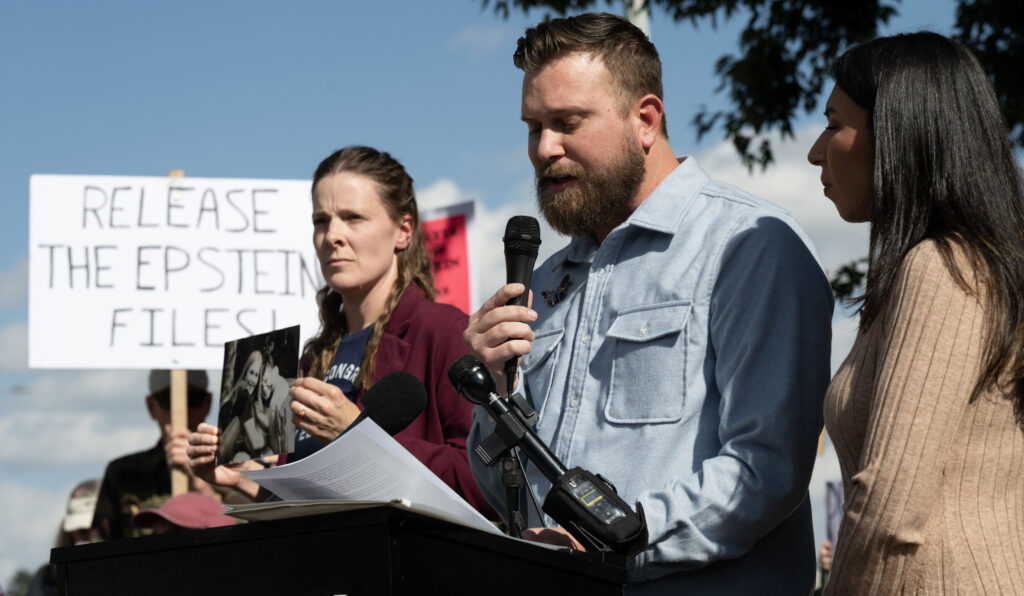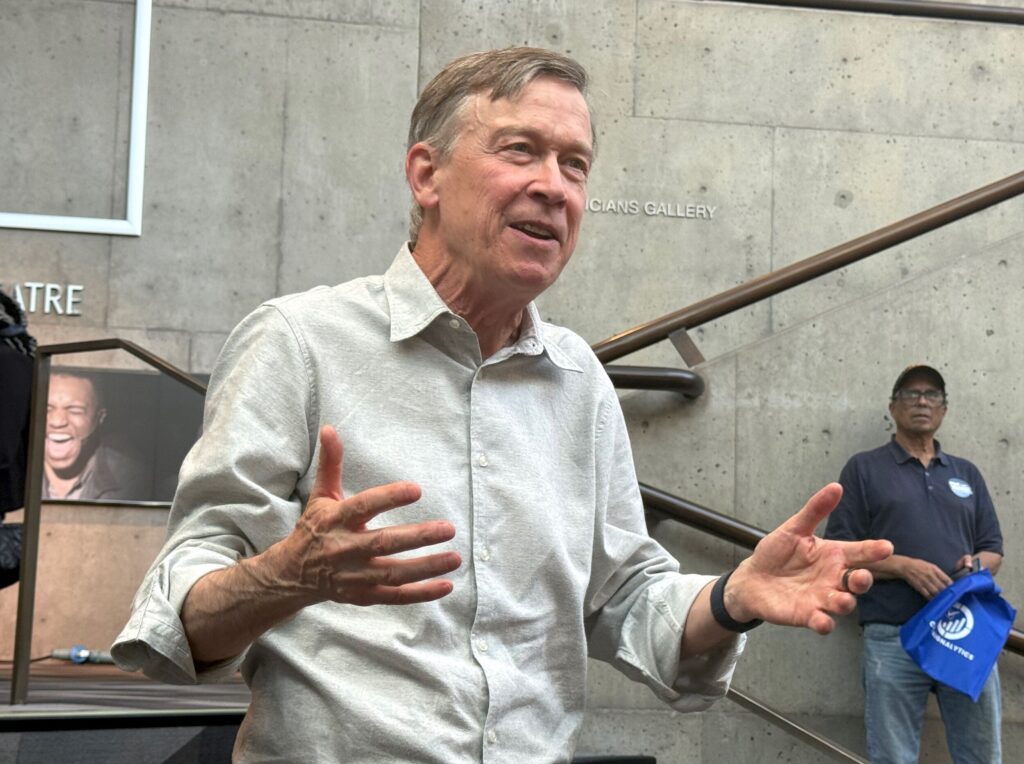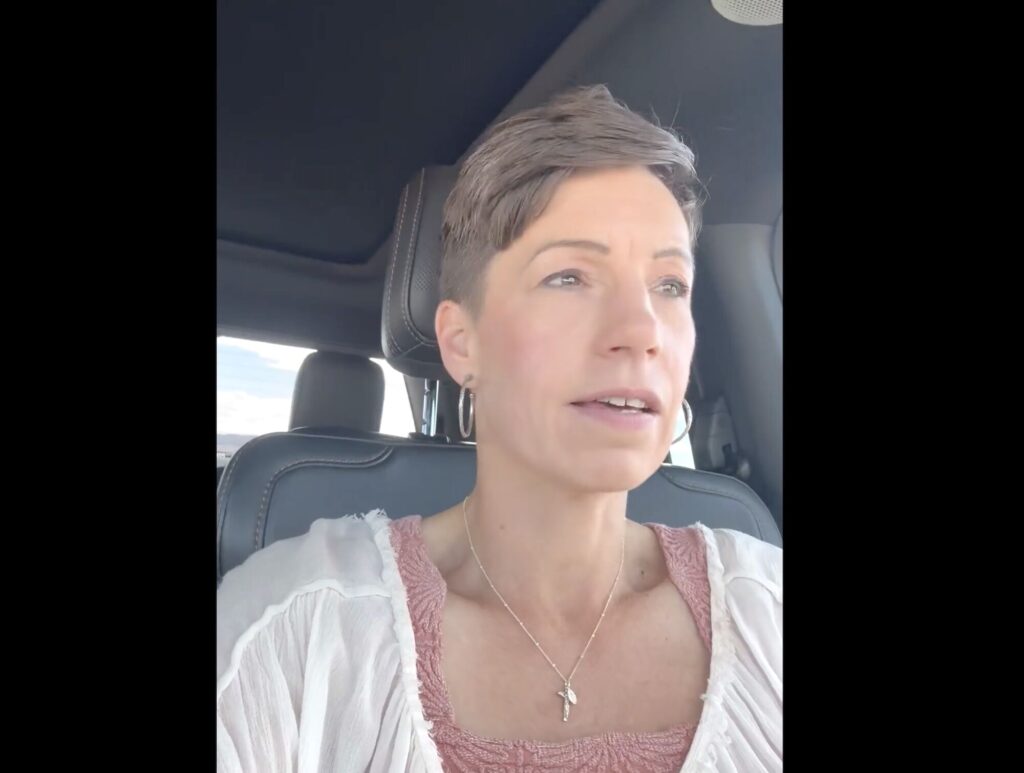Colorado Senate committee rejects bill to ban lobbyist contributions to lawmakers
A measure that would have enacted a total ban on lobbyist contributions to lawmakers at any point in the year failed to make it out of the Senate State, Veterans, and Military Affairs Committee on Thursday.
The 3-2 vote on Senate Bill 148, with Democratic Sen. Matt Ball of Denver voting with the committee’s two Republicans, signaled a rare defeat on election law measures for Sen. Mike Weissman, D-Aurora.
Weissman chairs the state affairs committee.
The bill, as introduced, had several provisions.
• New disclosure requirements for donations of over $1,000 made by nonprofits or by committees registered with the Federal Election Commission, including names and addresses, as well as the amount and recipient of the donation.
• Broaden the definition of electioneering communications to include communications that meet all other legal definitions and are distributed 90 days before a primary election. That’s a change from 30 days before a primary election.
• New deadlines for campaign finance disclosures, requiring independent expenditure committees to file 24-hour notices of electioneering communications up to 90 days before a primary election and for all periods between a primary and general election. Current law is 30 days, and the requirement for notice is 48 hours.
• Disclaimers on certain election communications to list the three individuals that contributed the most money for communication.
What got the bill the most attention, however, was its prohibition on lobbyists making contributions to members of the General Assembly, the governor, and the other statewide elected officials, including treasurer, secretary of state or the attorney general. That was the only part of the bill that made it to the committee hearing when Weissman offered a strike-below amendment on that issue only.
Current law prohibits those contributions during the legislative session, but once the session is over, the dollars flow. Just how much? It’s almost impossible to determine due to the current reporting requirements and limitations of TRACER, the Secretary of State’s database, which allows lobbyists to be identified by occupation in various ways or not at all.
The state Capitol’s lobbyist association officially opposed the bill, but several lobbyists told Colorado Politics it didn’t bother them that much. Several commented that they would save thousands of dollars not making those contributions.
Weissman, in an interview with Colorado Politics, said the impetus behind the bill is to increase trust in government, which he noted is currently very low, extending beyond Colorado’s borders. He said that the existing prohibition, which bans lobbyists from making contributions during the legislative session, dates back to 1993.
Lobbyists can still contribute to other entities to show their views.
Weissman said he doesn’t actively fundraise lobbyists, but some lawmakers and candidates do, and people think the system is corrupt. “If there is not sufficient minimum trust in democratic government, people will cast around for alternatives,” he said. That’s happening in this country right now, and “it is already scarier than I think most of us want to hold in our minds for more than a few seconds at a time. And it’s going to get worse before the fever breaks,” he added.
While the bill applies to lobbyists, it does not apply to the people, organizations or companies that hire them, other than the same limitation on making contributions during the session. The organization is not in the lobby, he pointed out. The person who is the registered lobbyist is.
Campaign contributions are transparent, according to Sen. Byron Pelton, R-Sterling. ?”
“Every donation we receive must be logged with the Secretary of State,” he said. “Everyone is aware of what we’re receiving and from whom we’re getting it. I don’t see where quelling lobbyists off-session would be a good decision when lawmakers are transparent and people outside the Capitol know who donates.”
Ball said he agrees with “where the bill is coming from.”
“I don’t like the Citizens United world we live in,” Ball said during the hearing. He noted other states make these kinds of changes to address specific scandals.
While he didn’t cite a particular situation, Weissman said he has heard things “in my own name” and texts tied to the introduction of a bill that “powerfully underscore” the need for the bill. Some of the conversations he has had with the lobby have been among the most interesting he has had in his nine years in the legislature.
Weissman read a letter to the committee from an unidentified lobbyist who wrote to thank him for the bill. “I have built up my business to the point where I can write the maximum checks that seem to be required to function in this job, but I don’t think this is a healthy part of the process,” the letter said. The letter writer stated that they became a lobbyist to contribute to the creation of good policy, and their clients’ ideas deserve to be heard on their merits.
Testimony was short, with a handful testifying for or against the measure.
Rachel Lehman of the Black and Brown Parents United Foundation said, “Corporate money is very loud speech…What’s the going rate for influence? One hundred thousand signatures on a petition, and is that equal to $1 million in contributions?”
Corporations and labor unions are prohibited from giving direct contributions to candidate committees.
Kooper Caraway, executive director of the Colorado Education Association, said his organization has one lobbyist at the Capitol, whose compensation can’t compete with corporate lobbyists.
“We cannot compete with the monied interests…this reform directly addresses a core concern of the public…that monied interests have disproportionate influence over the political process,” he said.
The CEA and other teacher union groups donated $691,000 to candidates in the 2022-24 election cycle, with the most significant contributions going to school board candidates where there are no contribution limits. However, the unions also contributed to campaigns for Democratic lawmakers, legislative candidates, and leadership funds, and SB 148 wouldn’t impact their ability to do so. The CEA’s small donor committee gave $6,200 to Weissman’s 2024 campaign for the state Senate.
Testifying in opposition, Corky Kyle of the lobbying firm The Kyle Group stated that the bill is not beneficial for free speech and constitutes an overreach. This would infringe on an individual’s right to participate and would create a negative impact on participation in the political process, he said.
“I am proud of what I do, and I don’t want anything that prevents me from doing my job for my clients,” he said.
Kyle made one contribution of $100 to a legislative candidate in the 2024 election cycle. That went to Rep. Naquetta Ricks, D-Aurora. The Kyle Group made $400 in contributions in the same cycle to committees representing both parties.
“All 100 of us are unique with our own set of moral standards,” said Rep. Rod Pelton, R-Cheyenne Wells. He cited advice he got from then-Sen. Mark Hillman of Burlington, whom Pelton went to after receiving his first campaign contribution from a lobbyist while running for the House. It made him uncomfortable, Pelton said.
“You wouldn’t make a very good legislator if you couldn’t take their money in the morning and vote against them in the afternoon,” Pelton recounted.
Ball, in explaining his “no” vote, said he sympathizes with the origins of the bill. “We can have strict limits and transparency, and we have both of those things. If that transparency went away, it wouldn’t stop. It would just change form,” he said.
Committee Vice Chair Sen. Tom Sullivan, D-Centennial, said he was disappointed that the bill won’t make it to the Senate floor.
“I would hope that we continue down this path; I firmly believe we have problems in our campaign finance,” he said.











